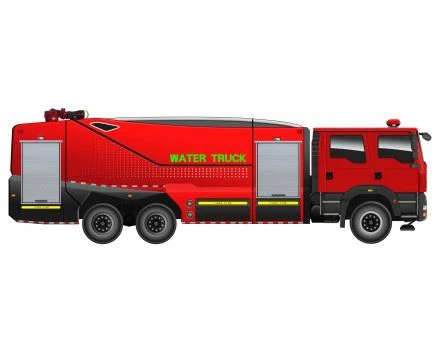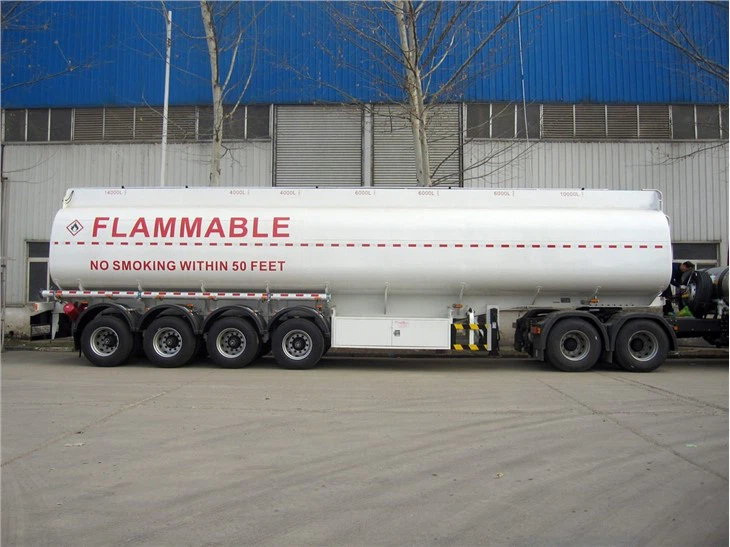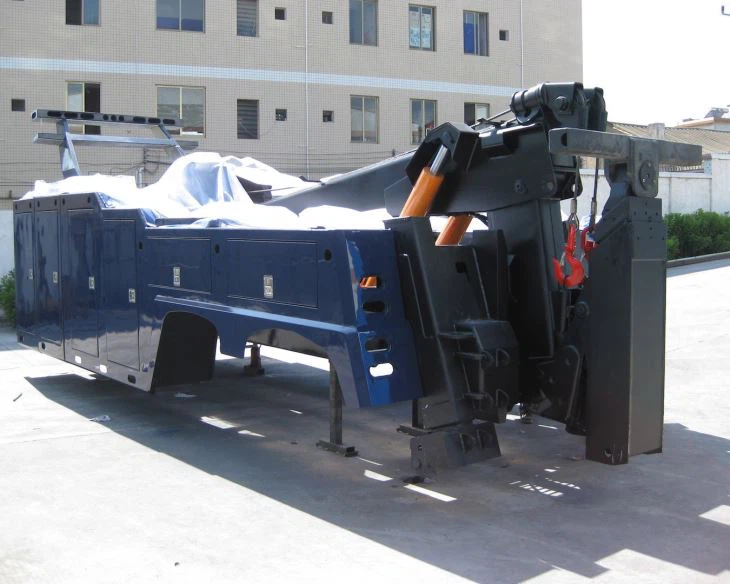The Peterbilt trash truck is a top-of-the-line waste management vehicle that combines strength, efficiency, and innovation. Known for its durability and reliability, the Peterbilt brand has become synonymous with excellence in the industry. This article delves deep into the specifications, advantages, maintenance, and operational efficiencies of Peterbilt’s trash trucks, providing valuable insights for waste management companies, drivers, and fleet managers.
What is a Peterbilt Trash Truck?
The Peterbilt trash truck is primarily designed for waste collection and disposal. Engineered for efficiency and safety, these trucks are equipped with industry-specific features that enhance their performance on the road and in waste management applications.
Key Features of Peterbilt Trash Trucks
1. Design and Build Quality
Peterbilt is known for its superior build quality. Trash trucks offer:
- Robust chassis for heavy-duty operations
- Lightweight body for increased payload capacity
- Aerodynamic design to enhance fuel efficiency
2. Engine Performance
Peterbilt trucks come equipped with powerful engines that meet the latest EPA emissions standards. Some notable features include:
- Multiple engine options ranging from diesel to alternative fuels
- High torque for navigating hilly terrain
- Improved fuel economy
3. Safety Features
Safety is a top priority in waste collection. Peterbilt incorporates:
- Advanced braking systems
- Stability control systems
- Visibility enhancements such as rearview cameras
4. Technology Integration
Modern Peterbilt trash trucks embed various technology solutions, such as:
- Telematics for real-time monitoring
- GPS for route optimization
- Truck performance analytics
5. Comfort and Driveability
The driver’s experience is paramount. Features that enhance comfort include:
- Ergonomically designed cabins
- Adjustable seating for different body types
- Sound insulation for a quieter ride
Types of Peterbilt Trash Trucks
1. Front Loader Trash Trucks
Front loaders are designed for urban waste collection and are characterized by:
- A front-mounted loader arm
- High efficiency for handling commercial waste bins
- Ability to collect waste from multiple locations swiftly
2. Rear Loader Trash Trucks
This classic design features a rear-loading mechanism suitable for residential waste disposal:
- More maneuverable for tight spaces
- Durable bodies designed to handle residential waste
- Typically available in smaller sizes
3. Side Loader Trash Trucks
Side loaders offer unique benefits, including:
- Easy access to waste containers
- Ability to collect waste without leaving the driver’s seat
- Ideal for wide streets and areas with ample space
Maintenance Tips for Peterbilt Trash Trucks
1. Regular Inspections
Conduct regular inspections to ensure safety and functionality. Key areas to inspect include:
- Brakes and tires
- Fluids like oil and coolant
- Lights and signals
2. Scheduled Services
Follow the manufacturer’s recommended service schedule, which typically includes:
- Oil changes every 5,000-10,000 miles
- Fuel filter replacements
- Brake system checks
3. Tire Maintenance
Tires are critical for performance. Tips for tire maintenance include:
- Regularly check tire pressure
- Rotate tires according to manufacturer’s recommendations
- Replace worn tires to avoid safety hazards
Operational Efficiency with Peterbilt Trash Trucks
1. Route Optimization
Utilizing GPS technology can significantly improve route efficiency. Consider the following strategies:
- Plan routes that minimize travel time
- Avoid congested areas during peak hours
- Monitor traffic conditions in real-time
2. Weight Management
Efficient load management can enhance performance and reduce wear and tear:
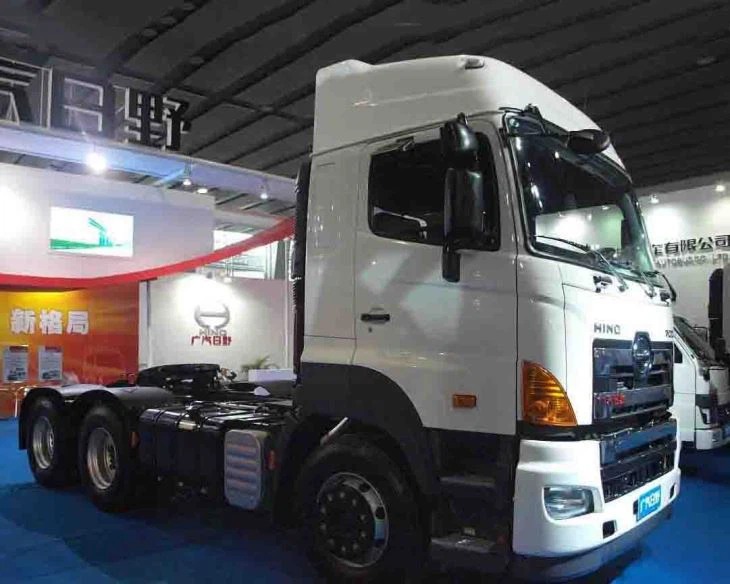
- Ensure proper distribution of weight within the truck
- Regularly monitor load limits to avoid overloading
- Educate drivers on efficient loading techniques
3. Driver Training
Investing in driver training can yield significant benefits, such as:

- Improved fuel efficiency
- Better adherence to safety protocols
- Enhanced operational skills for handling complex routes
Cost Considerations for Peterbilt Trash Trucks
1. Purchase Price
The initial cost of a Peterbilt trash truck may vary greatly depending on specifications and configurations. Factors influencing price include:
- Engine type
- Body design
- Additional features chosen
2. Operating Costs
Understanding operating costs is crucial for budgeting. Key expenses include:
| Cost Type | Annual Estimate |
|---|---|
| Fuel | $10,000 – $30,000 |
| Maintenance | $5,000 – $15,000 |
| Insurance | $3,000 – $10,000 |
3. Resale Value
Peterbilt trucks tend to retain their value well, which is an essential consideration for fleet managers. Factors affecting resale value include:
- Overall condition of the truck
- Mileage
- Market demand for used trucks
Peterbilt Trash Trucks vs. Competitors
1. Performance Comparison
When comparing Peterbilt trash trucks to competitors like Mack and Freightliner, consider:
- Engine reliability
- Fuel efficiency ratings
- Brand reputation among drivers
2. Customer Satisfaction
Customer feedback indicates that Peterbilt trucks generally receive higher satisfaction ratings. Common positives mentioned include:
- Comfort during long drives
- Superior build quality
- Robust support from manufacturers
3. Innovation and Technology
Peterbilt has a reputation for incorporating cutting-edge technology, making their trucks more efficient and user-friendly. Key innovations include:
- Advanced telematics systems
- Eco-driven engine options
- Automated transmission systems
Case Studies of Effective Fleet Management Using Peterbilt Trash Trucks
1. Urban Waste Management
A city in California adopted Peterbilt trucks for their waste management services, resulting in:
- A 20% decrease in fuel consumption
- Increased efficiency in route planning
- Enhanced safety measures and reduced accidents
2. Rural Waste Collection
A rural community in Texas experienced significant improvements by switching to Peterbilt trash trucks, which included:
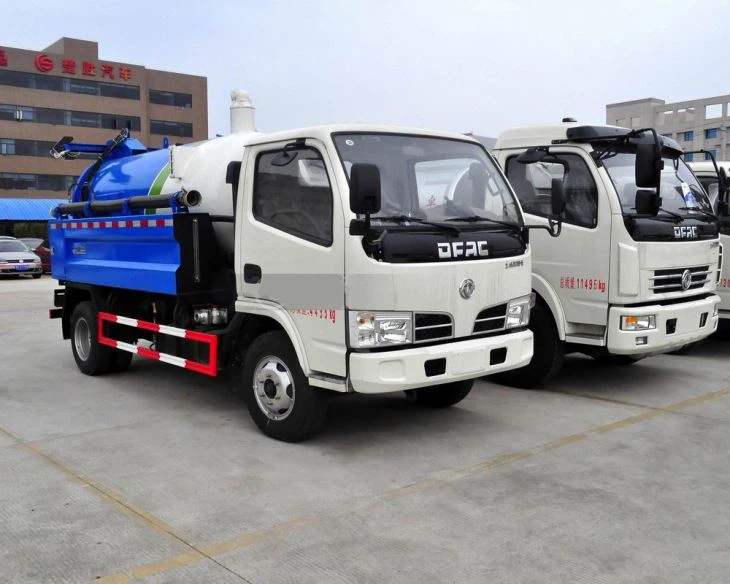
- Better performance on unpaved roads
- Greater payload capacity, minimizing trips
- Increased driver satisfaction and productivity
Frequently Asked Questions (FAQ)
1. How much does a Peterbilt trash truck cost?
The cost can range from $100,000 to $200,000 depending on the model and specifications chosen.
2. What is the fuel efficiency of Peterbilt trash trucks?
On average, Peterbilt trash trucks can achieve between 6 to 8 miles per gallon, depending on load and driving conditions.
3. Are Peterbilt trash trucks suitable for all types of waste collection?
Yes, they can handle both residential and commercial waste, depending on the model type chosen.
4. What type of engine options are available in Peterbilt trash trucks?
Peterbilt offers various engine options, including diesel and natural gas, adhering to the latest emissions regulations.
5. What maintenance is required for Peterbilt trash trucks?
Regular inspections, scheduled services, and tire maintenance are critical to ensure the longevity and performance of the trucks.
6. How do Peterbilt trash trucks compare to other brands?
Peterbilt trucks are often rated higher for comfort, durability, and customer satisfaction, making them a preferred choice in the waste management industry.


